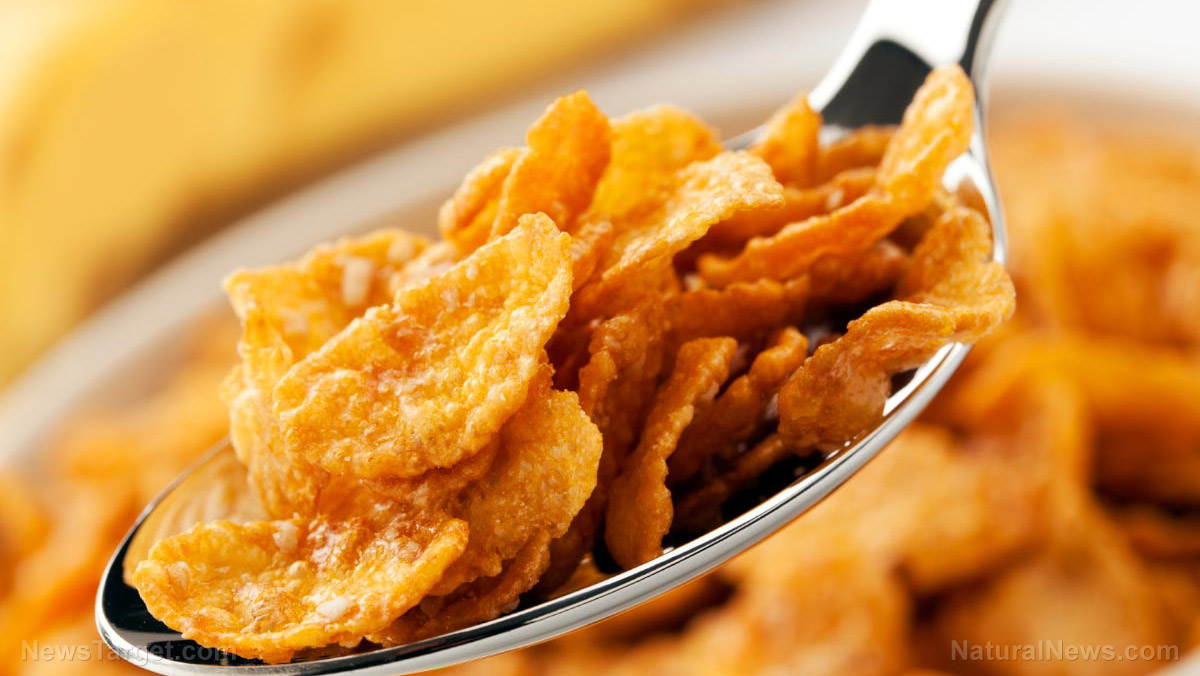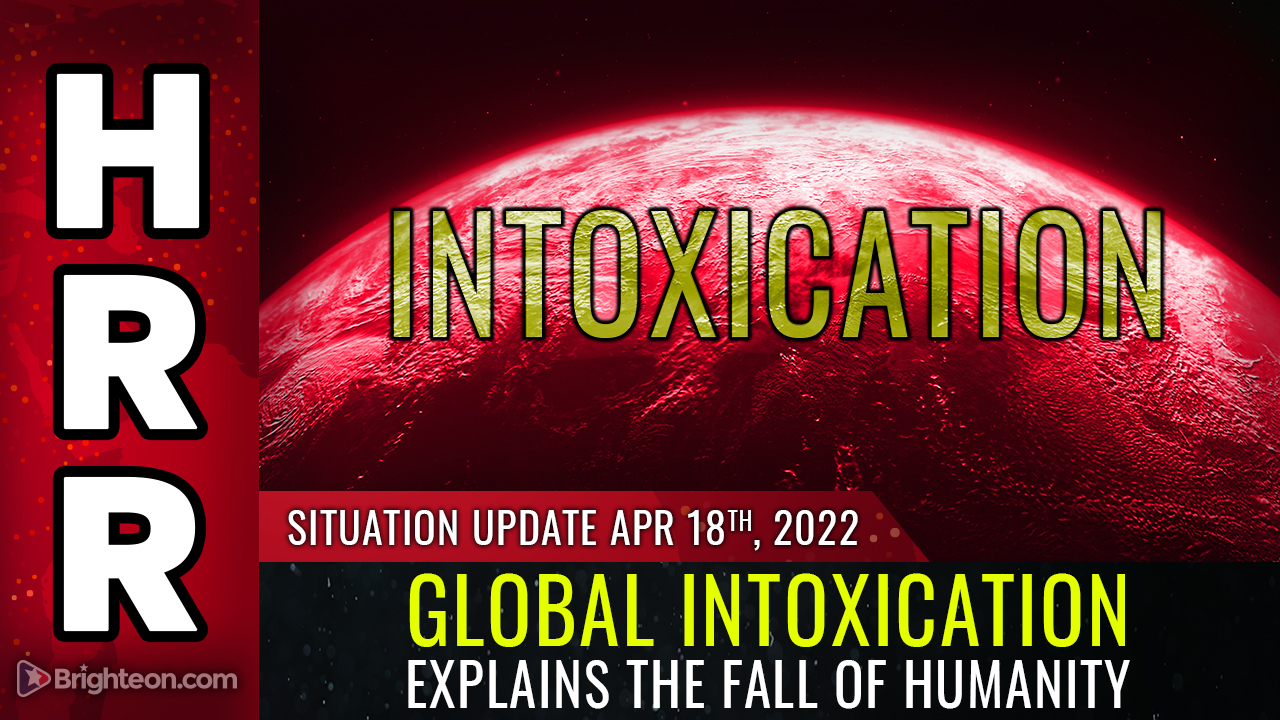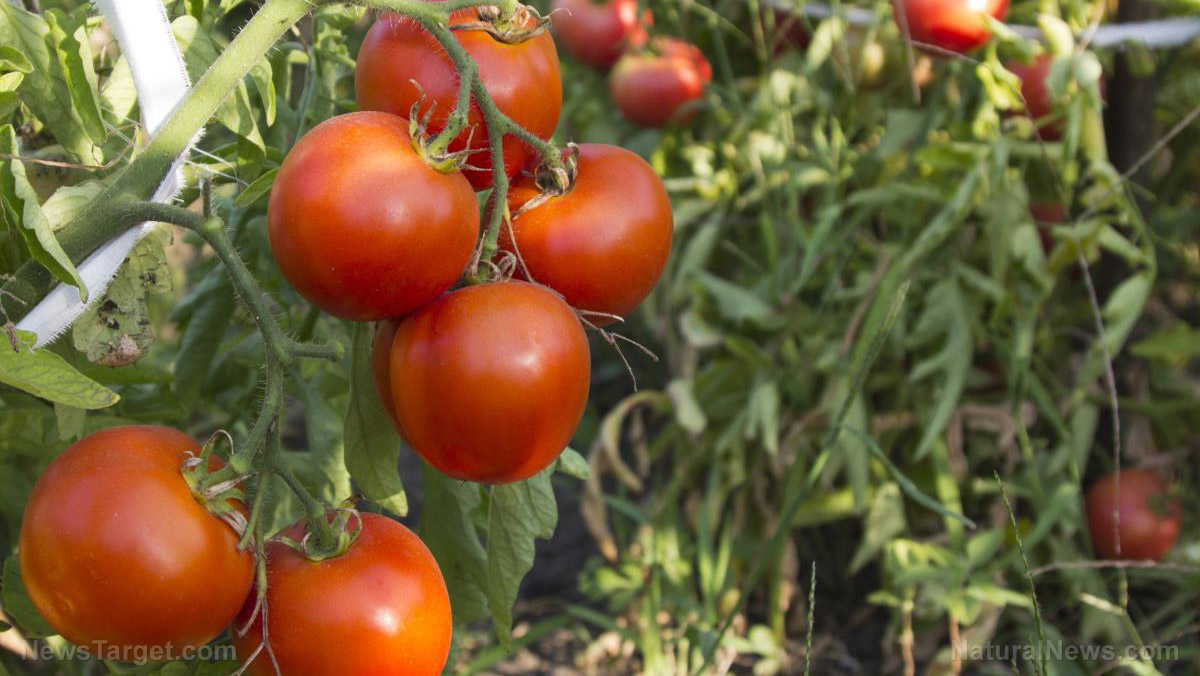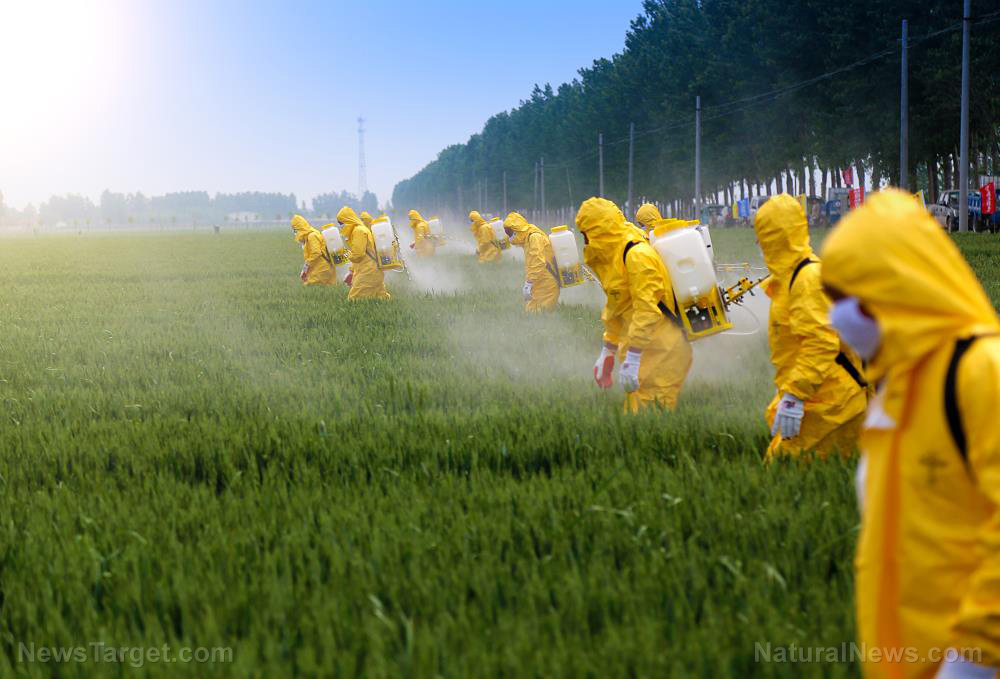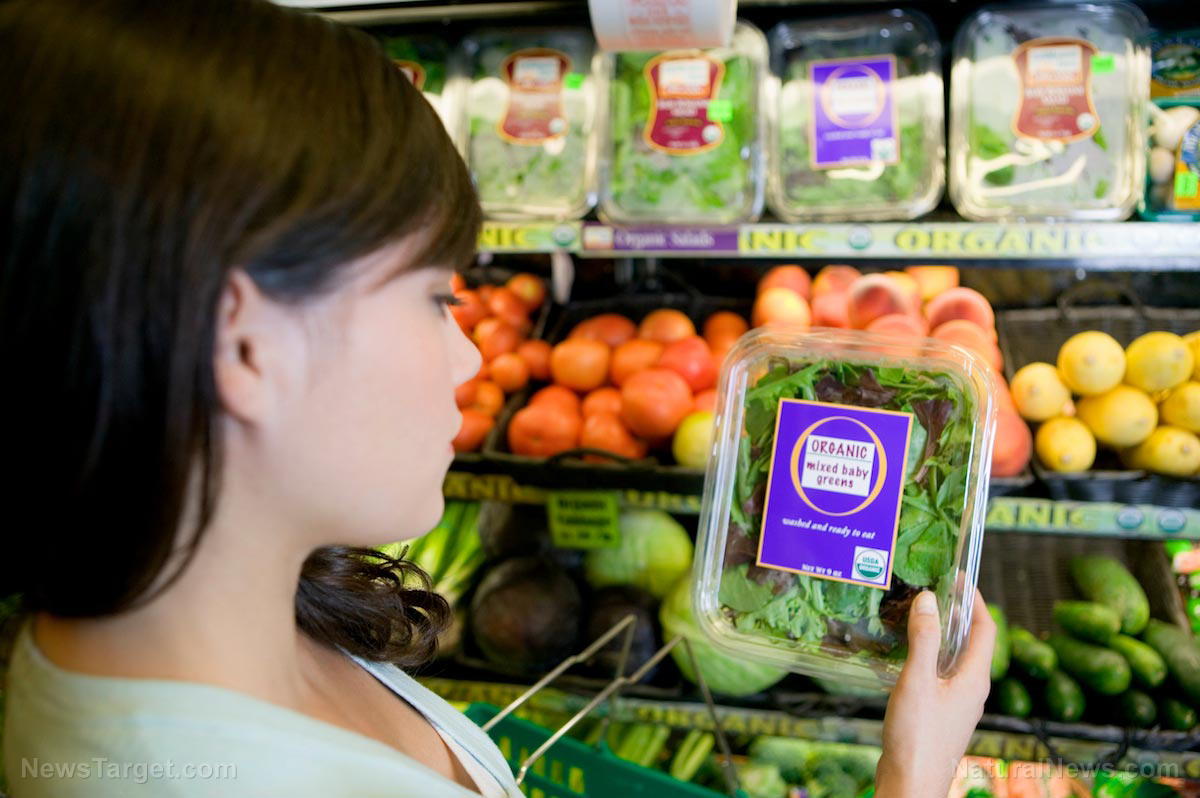Not so sweet: Sports drinks, juice, energy drinks, soda and even sweetened coffee can harm your heart
08/07/2019 / By Tracey Watson

We all know that sugar isn’t good for you and that governments all over the world have imposed taxes on sugary drinks to try to discourage consumers from purchasing them.
However, as reported by Healthline, many people are unaware that sugar-free, artificially sweetened drinks are just as dangerous as the sugary ones, or that it isn’t just sugary soda that we need to be concerned about.
A recent study published in the American Heart Association’s journal, Circulation, has confirmed that regular consumption of sweetened drinks besides sodas, including sports drinks and sweetened coffees, is also associated with an increased risk of heart disease, cancer and other life-threatening health conditions.
Interestingly, while several studies have confirmed a link between sugar and weight gain, which in turn leads to health problems, this study was the first to isolate sugar and artificially sweetened drinks as a direct cause of death.
All sweetened drinks are dangerous
Building on previous research that linked sugar consumption and cardiovascular problems, the team responsible for the latest research took it a step further by isolating other possible causes of heart conditions, including low levels of physical activity, high body mass index (BMI), and other dietary factors from their research.
Even after isolating these factors, however, the team found that sugary drinks had a direct and damaging effect on the heart.
Unfortunately, sugar-free drinks are not a healthy substitute, either.
Healthline reported:
A secondary finding of the Circulation study suggests people who replace one sugary drink per day with an artificially-sweetened drink (such as a diet soda) have a slightly lower risk of death.
However, if a woman drinks four or more artificially-sweetened drinks per day, she has a higher risk of death.
Dr. Anton Bilchik, professor of surgery at John Wayne Cancer Institute and chief of general surgery at Providence Saint John’s Health Center in California, told Healthline that the study’s findings indicate that low-calorie drinks, even though they contain less sugar, still increase the risk of serious health problems.
Which drinks are safe?
According to the Centers for Disease Control and Prevention (CDC), heart disease is the leading cause of death in both men and women in the United States, killing 610,000 people each year, and accounting for a quarter of all American deaths.
Sugar and sugary drinks are clearly a massive contributing factor to this problem, but even people who conscientiously try to make better choices may still be setting themselves up for failure.
Healthline reported:
A 12-ounce can of Coca-Cola Classic has 39 grams of sugar. You may be unlikely to reach for the syrupy soda after a workout, but the Gatorade you down on your way out the door has 34 grams.
Feeling a little sluggish in the afternoon? Instead of a 20-ounce bottle of Pepsi (69 grams), you may take a quick jaunt down to Starbucks for a Grande Mocha Frappuccino (skim milk and no whip, please), which has —are you ready? —59 grams of sugar. Even the extra 500 steps won’t burn off that sugar crush.
Are you stocking sugary “smoothies” in your fridge, sipping them on your commute to the office, as a way to get more fruit into your diet? A 15.2-ounce bottle promises apples, bananas, blueberries, and blackberries — all while delivering 55 grams of sugar.
Clearly, when it comes to sugar, even “healthier” choices may not actually be all that good for you. Following the golden rules for reducing sugar intake can be quite simple though:
- Avoid any liquid source of sugar, even options that appear to be healthy, like fruit juices;
- Choose water as your primary source of liquid refreshment;
- Men should consume no more than 36 grams (nine teaspoons) of added sugar a day, while women should keep it down to 25 grams (six teaspoons). One 12-ounce can of soda contains a whopping eight teaspoons of added sugar.
- Remove all foods and drinks from your diet that contain more than four grams of added sugar per serving.
It’s true that reducing sugar intake can be really tough, especially since sugar is actually addictive, but the massive health benefits are well worth the extra effort. Learn more at Sweeteners.news.
Sources include:
Submit a correction >>
Tagged Under:
cardiovascular disease, coffee, concentrates, death, disease causes, energy drinks, fruit juice, heart disease, heart health, sugar, sugar tax, sugary drinks, sweeteners, water
This article may contain statements that reflect the opinion of the author
RECENT NEWS & ARTICLES
StopEatingPoison.com is a fact-based public education website published by Stop Eating Poison Features, LLC.
All content copyright © 2018 by Stop Eating Poison Features, LLC.
Contact Us with Tips or Corrections
All trademarks, registered trademarks and servicemarks mentioned on this site are the property of their respective owners.





